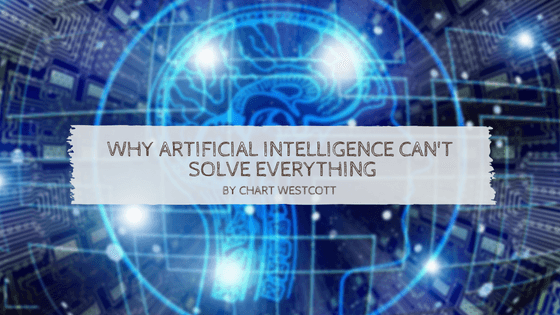AI has captured imaginations and sparked fear. Depending where one stands on the spectrum, AI can be viewed as a job-killing monster or a creator of mass prosperity. For the pessimists, AI will lead to wealth concentration in the hands of a few. To keep society from crumbling, governments will create socialist policies to feed the billions of poor people.
On the other hand, many in Silicon Valley and governments worldwide argue that AI promises an era of unparalleled prosperity. They point to the incredible advances they expect AI to bring to medicine and business. A race has begun between countries, with each trying to push to the top of the AI pyramid. Great Britain, China, France, and the United States are all contenders for AI dominance.
As many of the dystopian fears of AI are unfounded so are many of the hopes. AI’s transformative power is likely to move slower than the optimists project. It is still an emerging technology, and some growing pains are expected.
Neural networks—not so easy to create or manage
AI is not as simple as plugging in a program and letting it do the work. The creation process takes enormous human labor, and rather than eliminating the need for human intervention, it changes it. As explained by Vyacheslav Polonski, an Oxford University AI researcher, neural networks are extremely complex structures patterned off the human brain. Though neural networks are much smaller than brains, they have tremendous processing power, allowing them to access data quantities far beyond the human mind’s capability. Neural networks can then use this data to discover patterns and rules.
As Polonski notes, neural networks cannot be expected to solve problems by virtue of being plugged in. They are far from magical. Politicians must understand that putting AI into a democratic political system cannot, by itself, make a democracy function the way they wish.
In addition, governments will struggle in integrating data for AI analysis. Much of the data is still stored offline. In order to make AI work, they must first build the infrastructures needed. This takes time.
Further, AI innovations take much longer to implement than many business and political leaders expect. As a result, any benefits are likely to occur on a longer time scale. For those in the race for AI supremacy, this causes no discouragement. Though AI may need time to develop, AI’s influence on future societies is clear.



